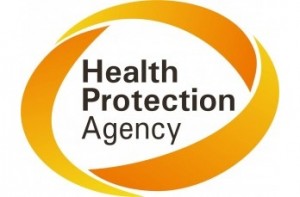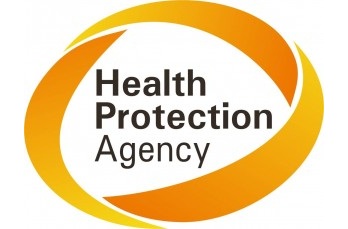New figures from the Health Protection Agency (HPA) on World Malaria Day show that despite a five per cent decrease in malaria infections reported in 2011 (1,677) compared to 2010 (1,761), cases among travellers returning from the Indian-subcontinent increased by 22 per cent, from 274 cases in 2010 to 334 cases in 2011.
 |
| [relatedPosts title=”Related Posts”] |
|
|
The increase in cases from the Indian-subcontinent in 2011 is largely due to a doubling of cases of Plasmodium vivax malaria acquired in Pakistan.
The most common type of malaria reported in the UK is the potentially fatal falciparum malaria, which is usually acquired in West Africa. This type of malaria continues to account for the majority of cases (1,149) reported in the UK, but in 2011, a quarter of cases (416) were caused by vivax malaria, which is more commonly acquired in India and Pakistan. This proportion has increased from 20 per cent in 2010 and may indicate travellers are unaware of the risk of malaria in the Indian-subcontinent, where vivax malaria is more prevalent.
In 2011, eight deaths from malaria were reported, six from falciparum malaria acquired in Africa and two from vivax malaria acquired in India.
Malaria is an almost completely preventable disease when precautions are taken, but the latest figures show that where the history of taking antimalarial medication was obtained, 84 per cent of cases (803 out of 954 with information available) had not taken precautions.
The group who continue to be at highest risk of contracting malaria are those visiting friends and relatives. In 2011, where reason for travel was known, eighty per cent (610/765) of cases, who were travellers from the UK, were visiting friends and relatives in their own or family’s country of origin. This group are more likely to acquire malaria for a number of reasons, including not seeking or being unable to access appropriate medical advice before travel, receiving poor advice, not adhering to advice, or not perceiving themselves to be at risk because the destination is familiar to them.
Professor Peter Chiodini, head of the HPA’s Malaria Reference Laboratory, said: “Today is World Malaria Day which provides a timely reminder to anyone who is travelling to a country where malaria is present to take travel advice and appropriate malaria medication to protect themselves. Anyone who has been to a malaria risk area anywhere in the world should seek urgent medical attention if they become unwell after their return to the UK.”
Dr Jane Jones, head of the HPA’s Travel and Migrant Health Section, said: “People living in the UK who were born in a country affected by malaria may incorrectly believe that they are ‘immune’ or that they cannot become seriously ill from malaria when they return to that country to visit friends and relatives. The reality is that any resistance they may have to the infection decreases quite quickly once people come to live in the UK so they are actually at risk. All travellers to malaria affected areas, irrespective of where they were born, should seek pre-travel advice before their trip and make sure that they take recommended measures to protect themselves against malaria.
“These figures indicate that those of African or Asian ethnicity going to visit friends and relatives are at particular risk of acquiring malaria and are still not being reached by health messages about the importance of taking anti-malaria precautions. The HPA strongly encourages providers of travel information, including health professionals, travel agents, online booking services and airlines, to engage with these travellers about the possible risks of malaria whenever possible.”
The best way to prevent malaria is to follow the ABCD of malaria prevention; be Aware, use Bite avoidance measures, take Chemoprophylaxis (preventive tablets), and seek prompt Diagnosis if you develop a fever during or after travel.
Further Information
- For more advice on malaria prevention use the attached link to the HPA website http://www.hpa.org.uk/web/HPAwebFile/HPAweb_C/1203496943523
- P. vivax is one of the four species of malarial parasite that commonly infect humans. It is less virulent than Plasmodium falciparum, which is the deadliest of the four. P. vivax is carried by the female Anopheles mosquito, since it is the only sex of the species that bites.
.





